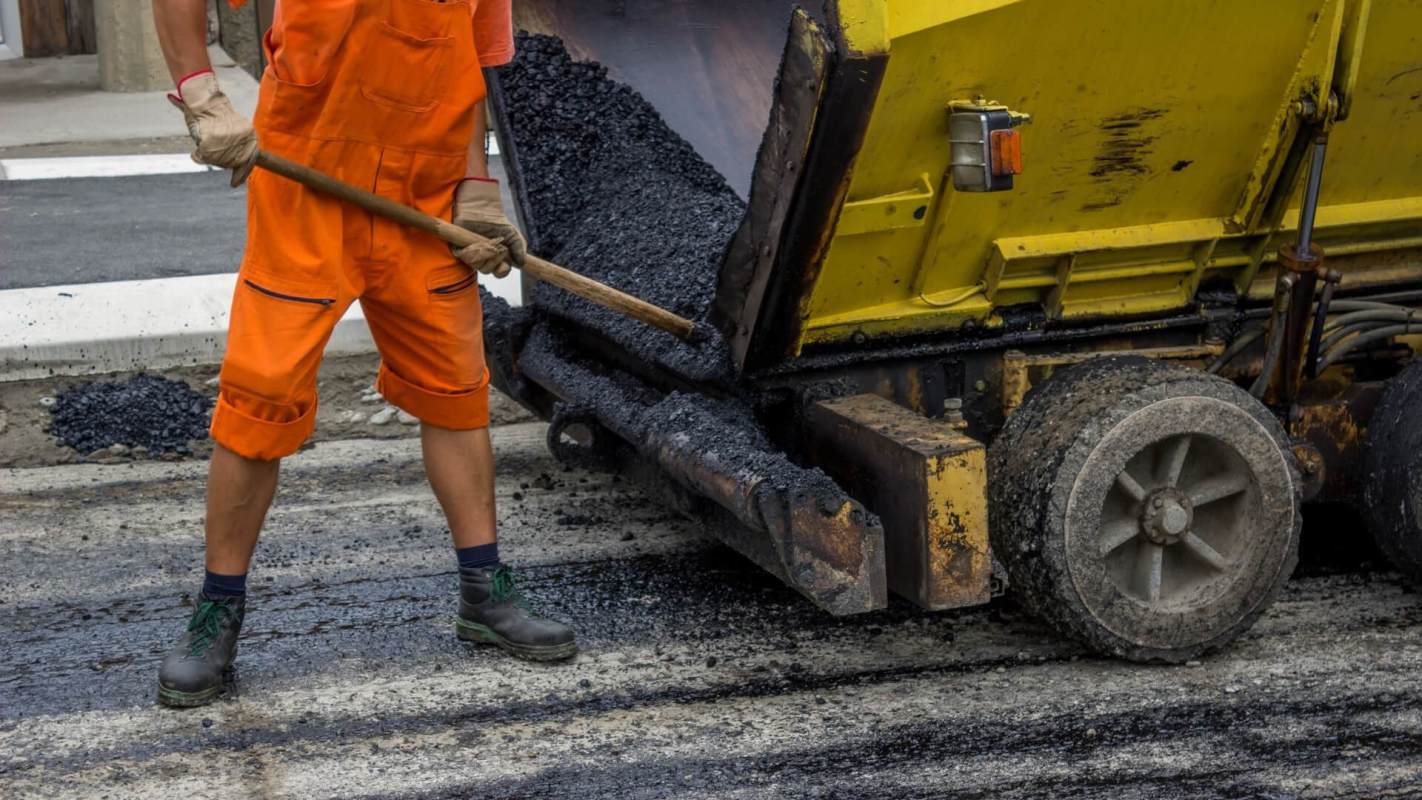If you have what feels like 10,000 plastic bags piling up under your sink, you're not alone. And while it's hard to figure out what to do with them, states across the country have found a creative solution to use these non-recyclable products — using them to repave roads.
Five states — Missouri, Virginia, Pennsylvania, California, and Hawaii — have launched pilot programs to see how well roads repaved with plastic-infused asphalt hold up.
With this project, the states are examining how durable the new roads are, while also ensuring that no microplastic pollution runs off when it rains.
And plastic bags aren't the only items being mixed in with asphalt. An area outside of Sacramento, California has started removing parts of its Highway 99, replacing it with an asphalt compound comprised of hard-to-recycle printer ink cartridges.
Meanwhile, the Missouri Department of Transportation (MoDOT) is partnering with the University of Missouri, Columbia to create a durable asphalt mix out of plastic pellets from bottles. In a press release, MoDOT's Chief Engineer, Ed Hassinger, explained the goal of the pilot program:
"Our best-case scenario is that [plastic infusions] make the asphalt more resilient and durable and get rid of a waste stream that no one can do anything with," Hassinger said.
These plans could have a major impact on the amount of plastic waste sitting in our trash. Hawaii's pilot project is testing an asphalt mixture with up to 50% recycled materials, meaning the future of pavement in the Aloha State could keep millions of plastic products from clogging up landfills.
Considering the fact that tens of millions of tons of plastic end up in landfills every year — an amount that comprises roughly 86% of all plastic waste in the United States — it's crucial that we find creative ways to use it.
Besides helping the environment, utilizing plastic-asphalt mixtures could save states and their taxpayers a ton of money, all while limiting the amount of road work.
There's more research that needs to be done on the safety and efficacy of these programs. Luckily, these states are paving the way.
Join our free newsletter for cool news and actionable info that makes it easy to help yourself while helping the planet.









